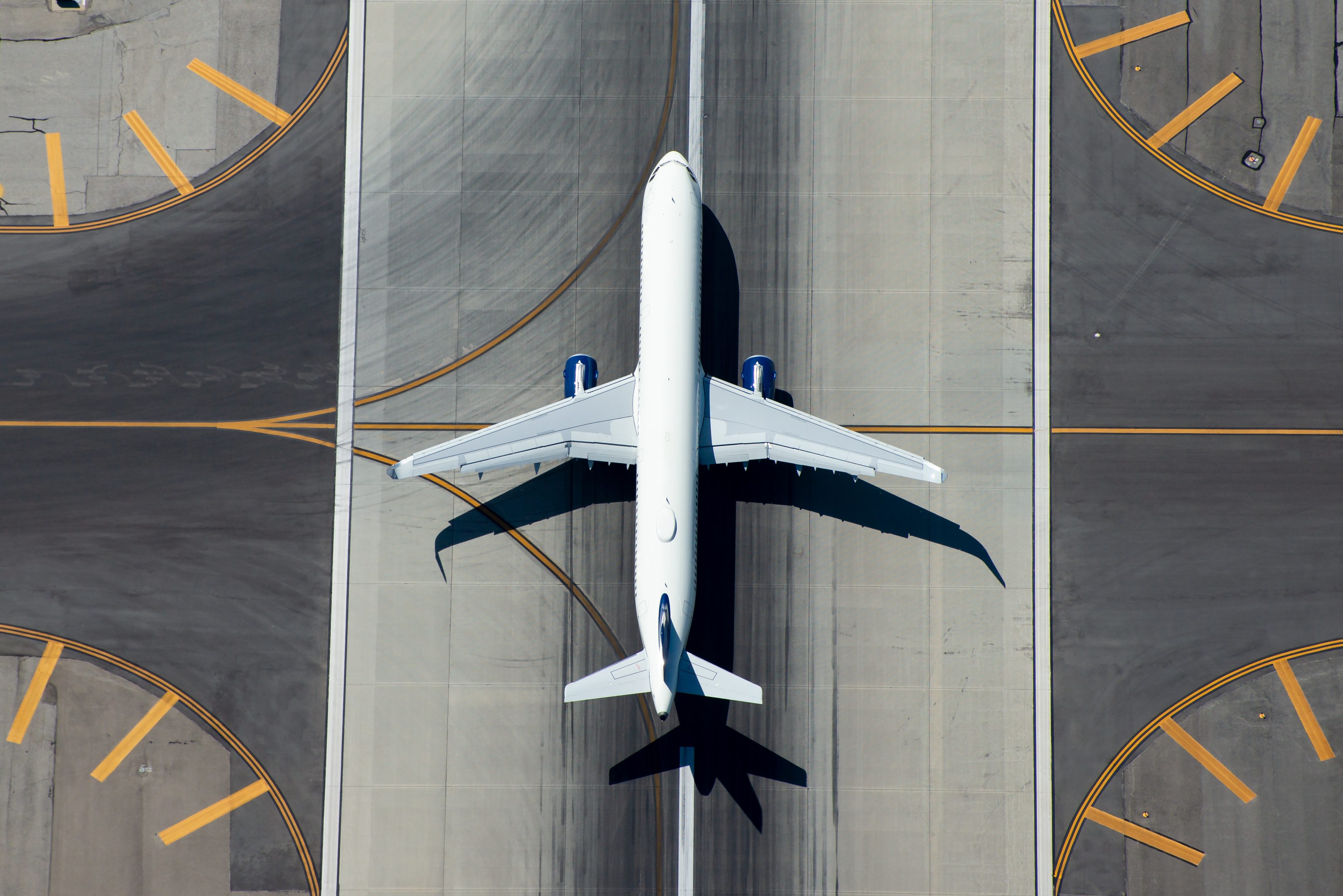L.E.K. Consulting, the global strategy consultancy, has released a substantively - evidenced report that clarifies the central role that Sustainable Aviation Fuel (SAF) will play in the future of aviation, sets out the key challenges that must be overcome, and offers insight for all value-chain participants on the roles that they will need to play to accelerate and deliver a clean future for the global aviation sector.
The reports finds that the unit cost of SAF is likely to remain more than twice the cost of kerosene to 2050: whilst each technology pathway for SAF production is expected to experience significant declines in cost, the required capacity can only be delivered by progressive shifting to more expensive solutions - in particular Power to Liquids - thereby eroding the technology cost benefit.
In aggregate, SAF will cost USD 3.5-5.5 trillion in excess of a kerosene-only future: whilst this is a significant quantum, this cost must be seen in the context of the overall cost of delivering a net zero future, which has been variously estimated as c. $130-140 trillion over the period 2022 to 2050.
The report states that airline customers will be able to pay for it, whilst delivering an aviation sector that “can grow with renewed social licence”. The report says that if were costs passed through to customers, prices would need to be c.18% higher in 2050 relative to a kerosene-only world. “If willingness to pay can be accessed, and if competitors can operate on a level playing field, this price increase would cause volume demand to be only c.7% lower by 2050, implying an aviation sector that would be growing in volume terms at 3-4% p.a. only c.0.3% p.a. lower than in a no-SAF world”, says the report.
L.E.K has called for action - now - from all aviation stakeholders: “Whilst stakeholders have a range of ways to afford SAF, it will not occur without action from government and industry; over the next 10-year period, there are six crucial actions to deliver SAF at scale.”
The six actions comprise: creating consistent standards for SAF (regional and global); scaling SAF supply, maximising existing feedstock usage, and scaling next gen; growing SAF acceptance for industry and end customers; reducing fuel consumption to limit cost increases; building the infrastructure required to deliver SAF; while identifying and supporting SAF pathfinders.
“Sustainable Aviation Fuel’s central role in decarbonising aviation is unequivocal, and cannot be underestimated,” says John Goddard, Senior Partner and Vice Chair, Sustainability at L.E.K. Consulting. “For the sector to meet its environmental goals, it is critical that stakeholders across both industry and government collaborate to accelerate the acceptance and adoption of SAF. Time is of the essence: without action now, the decarbonisation goal will not be achieved.”
Philip Meier, Partner at L.E.K. Consulting, adds that technology commercialisation is at the heart of the solution for SAF. “Mechanisms must be found that will provide the investment community with sufficient confidence to back novel production pathways, and to finance the scale and capacity that is needed to materially decarbonise the sector.”
